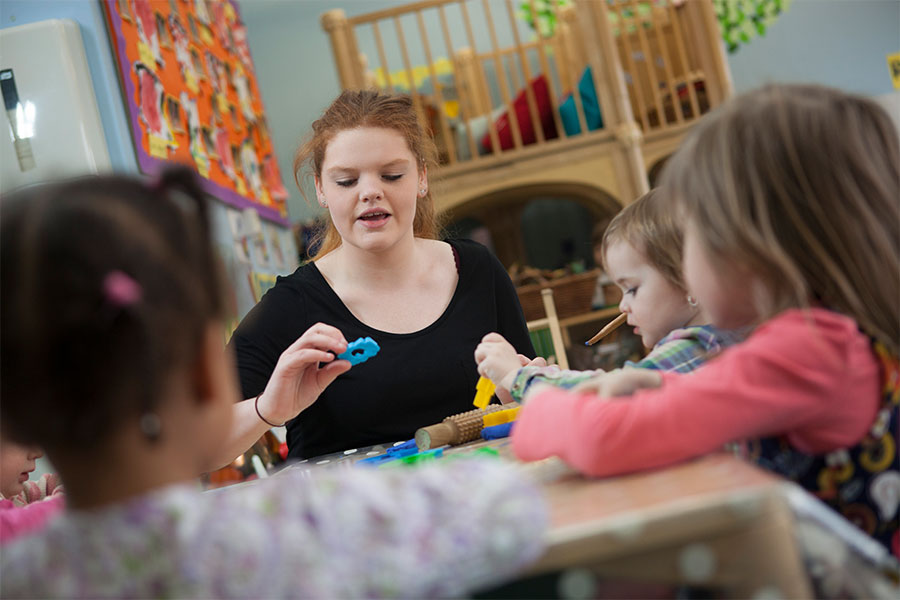
As a practitioner you will be working with children, young people and families, including carers, to achieve positive and sustainable change in their lives. You will demonstrate a passion to care for and about children, young people and families. You will be skilled in recognising and assessing the complex needs that children, young people and families often present. You will agree with the child, young person or family any specific interventions or referrals. Your approach will be one of respectful curiosity that challenges and supports children, young people and families to achieve their potential and stay safe.
As a Children, Young People and Family Manager you will ensure direction, alignment and commitment within your own practice, your team(s), your organisation and across partnerships to help children, young people and families aspire to do their best and achieve sustainable change. You will build teams, manage resources and lead new approaches to working practices that deliver improved outcomes and put the child, young person or family at the centre of practice.
You may work either as a Manager in Children’s Residential Care or as a Children, Young People and Families Manager in the Community in a range of settings in local authorities, within health organisations, educational and early years settings or children’s centres, as well as a wide range of private voluntary and community organisations. You could be solely responsible for the management of a team or service, or be part of a management team. To deliver effectively on a wide range of outcomes you will work on a multi agency basis with professionals from a wide range of backgrounds, as well as team leaders and managers from your own organisation.
Early Years Educators, and other job roles such as nursery nurse and childminders, are highly trained professionals who play a key role in ensuring that young children learn and develop well and are kept healthy and safe. They work in a range of settings including full day care, children’s centres, pre schools, reception classes and as childminders. They may either be working on their own or supervising others to deliver the Early Years Foundation Stage (EYFS) requirements set by Government for the learning, development and care of children from birth to 5 years old.
This occupation is found in a range of private and public settings including; full day care, children’s centres, pre-schools, reception classes, playgroups, nursery schools, home based provision, hospitals, social care settings, out of school environments and local authority provision to deliver the Early Years Foundation Stage (EYFS) requirements set by government for the learning, development and care of children from birth to 5 in both indoor and outdoor environments.
The broad purpose of the occupation is to work and interact directly with children on a day to day basis supporting the planning of and delivery of activities, purposeful play opportunities and educational programmes within the ethos of the setting. An EYP works as part of a professional team ensuring the welfare and care for children under the guidance and supervision of an Early Years Educator, teacher or other suitably qualified professional the Early Years Workforce.
Teaching Assistants work in Primary, Special and Secondary education across all age ranges encompassing special educational needs and emotional vulnerabilities. The primary role of the Teaching Assistant is to support the class teacher to enhance pupils’ learning either in groups or individually, ensuring pupils understand the work set, know their learning objectives and stay on task in order to make progress. Promoting self-belief, social inclusion and a high self-esteem play an integral part to pupils’ well-being; ensuring pupils thrive in a positive, nurturing, safe environment. It is an active role supporting the learner to access the curriculum. They are good role models, act with honesty and integrity, take part in team meetings; contribute to planning and class activities. Promoting Fundamental British Values through spiritual, moral, social and cultural development and positive behaviours are crucial in contributing to improved pupil progress and development.